Digital Mobile Radio (DMR) technology has become a cornerstone for efficient communication in large-scale events, including the Olympics. At the Paris 2024 Olympics, DMR commercial radios played a crucial role in ensuring seamless coordination across various venues. Let's explore the applications of DMR radios in venue management and highlight the unique features of their deployment at this year’s games.
Empowering the “Most Sustainable” Olympics
The Paris 2024 Olympics have been hailed as the “most sustainable” in history, with a strong emphasis on minimizing environmental impact. Only two new venues were constructed, while eight temporary venues were created by transforming iconic landmarks such as the Eiffel Tower, Versailles Palace, Place de la Concorde, and the Hôtel des Invalides. Additionally, instead of building new training facilities, the Paris Organizing Committee rented existing film studios for athletes to train.
The quick and easy deployment capabilities of DMR technology played a crucial role in supporting these sustainable efforts. DMR systems were rapidly set up across these temporary and repurposed venues, providing robust communication infrastructure without the need for extensive and permanent installations. This flexibility not only ensured efficient operations but also aligned with the environmental goals of reducing construction and resource usage.
Applications of DMR Commercial Radios in Venue Coordination
-
Real-Time Communication: DMR radios provided real-time, clear, and reliable communication between different teams, including event organizers, security personnel, volunteers, and technical staff. This instant communication was vital for coordinating activities, managing crowds, and responding to incidents promptly.
-
Enhanced Coverage: With the ability to provide extensive coverage, DMR radios ensured that communication remained uninterrupted across large and complex venues. This was particularly important in venues with challenging environments, such as indoor stadiums and large outdoor spaces.
-
Channel Management: DMR systems allowed for multiple communication channels, enabling different departments to have dedicated channels for their operations. For example, security teams, medical staff, and event organizers could communicate on separate channels, reducing interference and ensuring focused communication.
-
Voice and Data Transmission: In addition to voice communication, DMR radios supported data transmission, including text messages and GPS coordinates. This feature enhanced the ability to share important information quickly, such as sending emergency alerts or locating team members.
-
Interoperability: DMR technology is known for its interoperability, allowing different communication devices and systems to work together seamlessly. This ensured that various stakeholders, regardless of their equipment, could stay connected and coordinate effectively.
-
Emergency Features: Many DMR radios come equipped with emergency features such as panic buttons and lone worker protection. These features were crucial in ensuring the safety of personnel, enabling quick response in case of emergencies.
Unique Features of DMR Deployment at Paris 2024 Olympics
-
Integration with Other Systems: The DMR system at the Paris 2024 Olympics was integrated with other communication and management systems, such as CCTV, public address systems, and access control systems. This integration allowed for a comprehensive approach to venue management, enhancing situational awareness and coordination.
-
Custom Coverage Solutions: Given the diverse nature of the Olympic venues, custom coverage solutions were implemented to ensure reliable communication across all areas. This included deploying additional repeaters and base stations to enhance signal strength in areas with potential coverage challenges.
-
Advanced Fleet Management: DMR radios were used in conjunction with advanced fleet management software, enabling organizers to track the location and status of assets and personnel in real-time. This feature was particularly useful for managing logistics and ensuring efficient deployment of resources.
-
Training and Support: Extensive training was provided to all users of the DMR radios to ensure they were familiar with the features and could use them effectively. Additionally, dedicated technical support teams were on standby to address any issues that arose during the games.
-
Resilience and Redundancy: The DMR system was designed with resilience and redundancy in mind. Backup communication pathways and redundant systems were in place to ensure uninterrupted communication in case of any technical failures or unforeseen events.
-
Environmental Adaptability: The DMR radios used at the Paris 2024 Olympics were chosen for their durability and adaptability to various environmental conditions. This ensured reliable performance whether in the hot summer conditions or in enclosed, air-conditioned venues.
Conclusion
The application of DMR commercial radios in venue coordination at the Paris 2024 Olympics exemplified the technology's capabilities in managing large-scale events. With features such as real-time communication, enhanced coverage, interoperability, and advanced data transmission, DMR radios ensured that the event ran smoothly and safely. The unique deployment strategies, integration with other systems, and support for sustainable practices further highlighted the importance of DMR technology in modern event management.


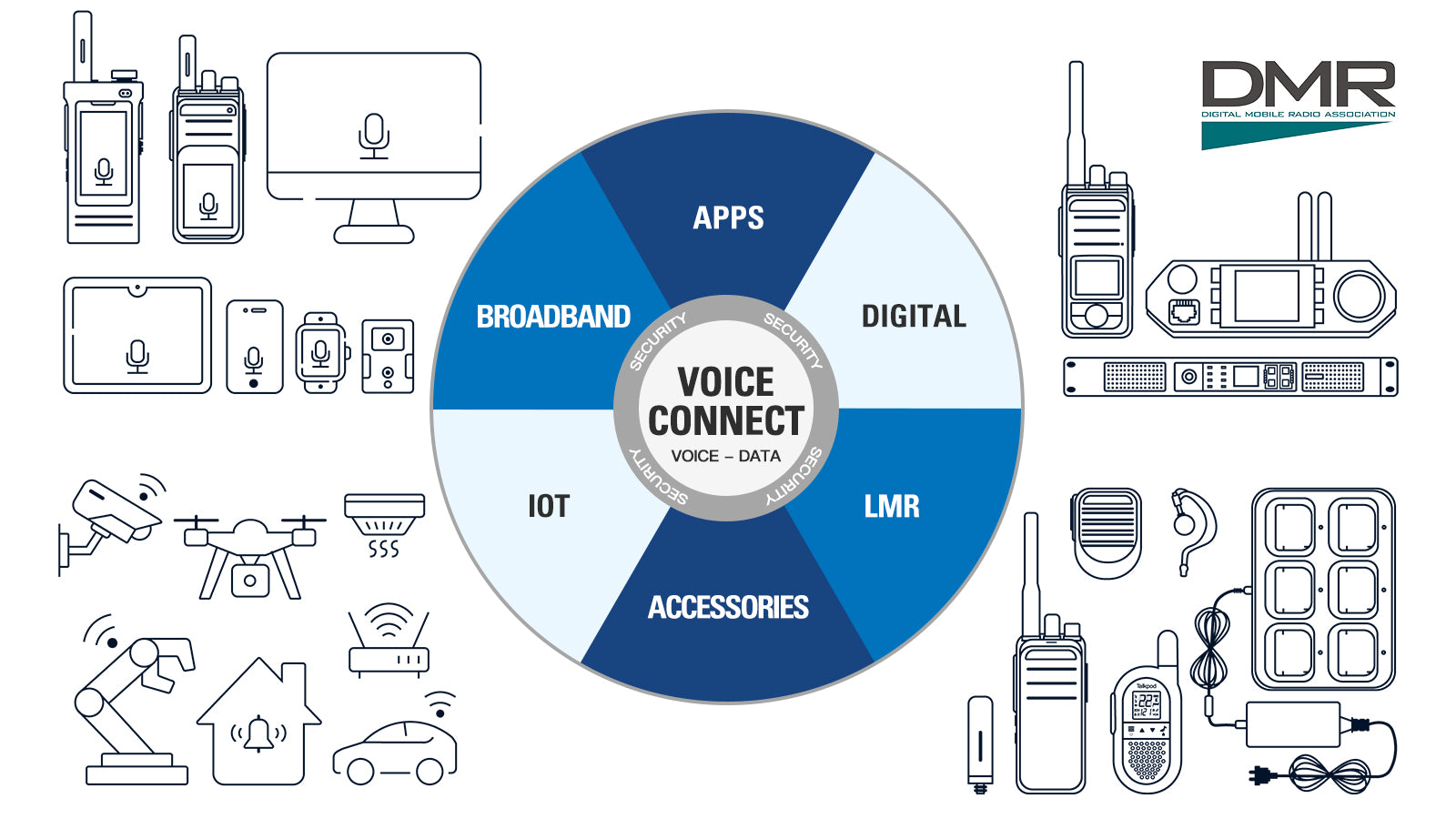
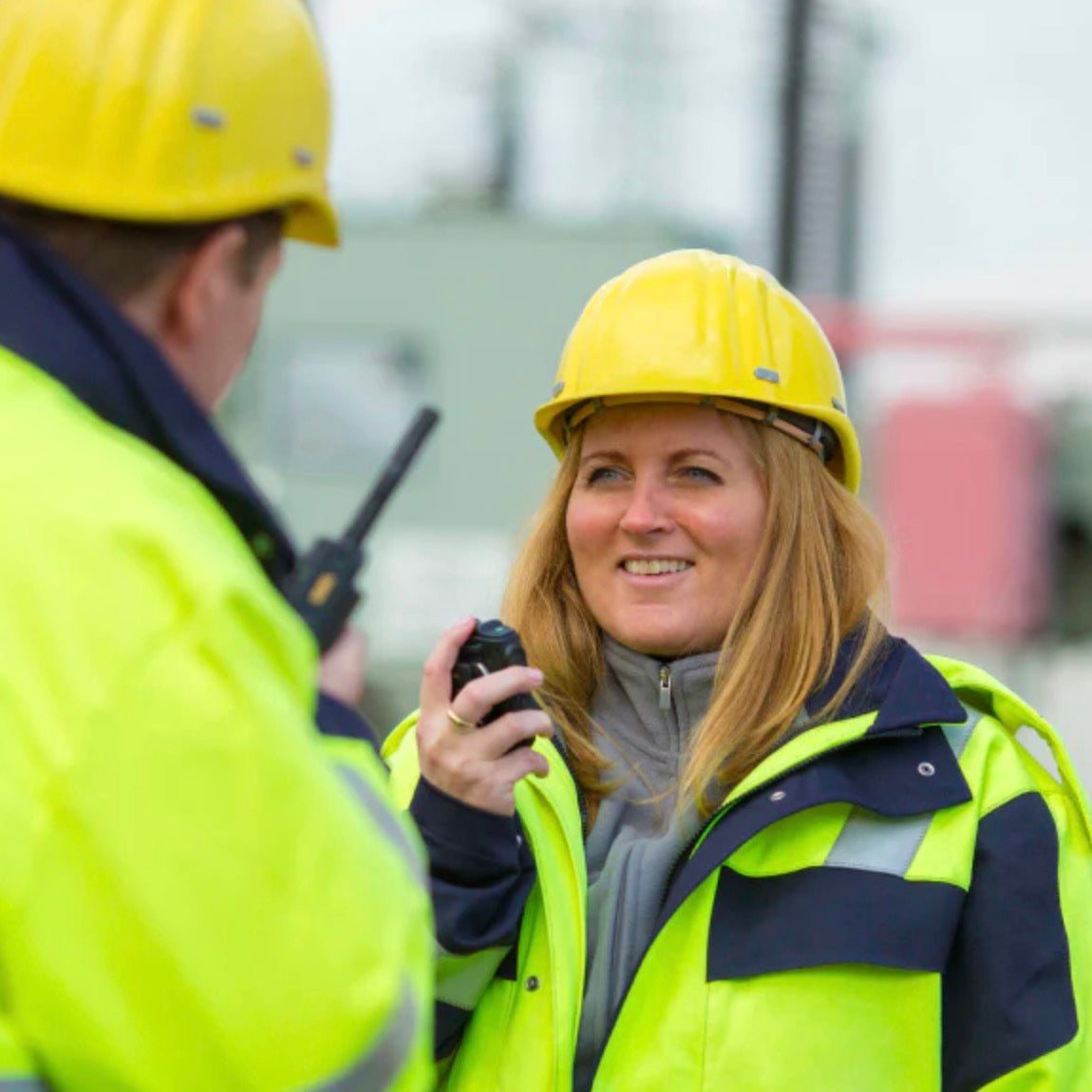

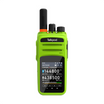
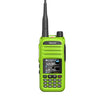
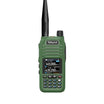
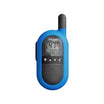
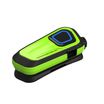
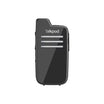
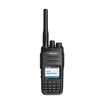
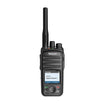
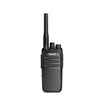
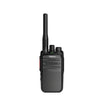
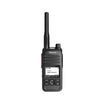
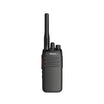
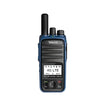
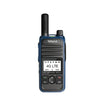
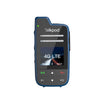
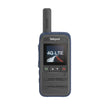
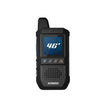
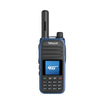
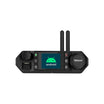
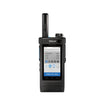
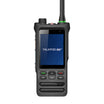
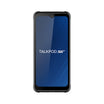
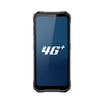
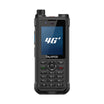
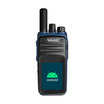
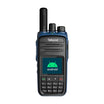
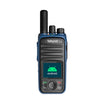
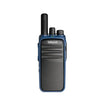
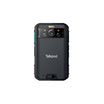
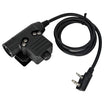
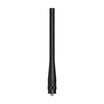
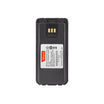
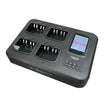
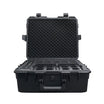

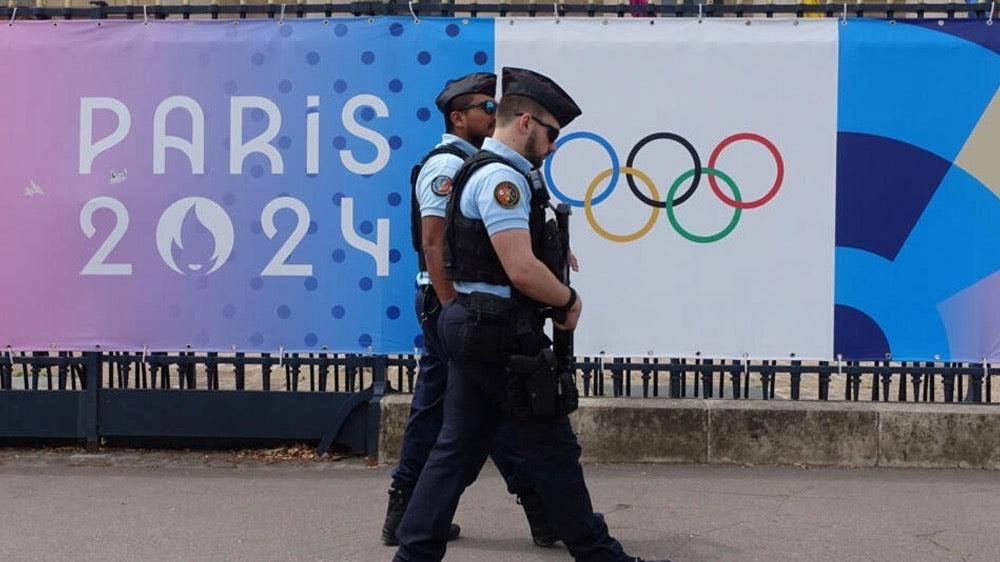
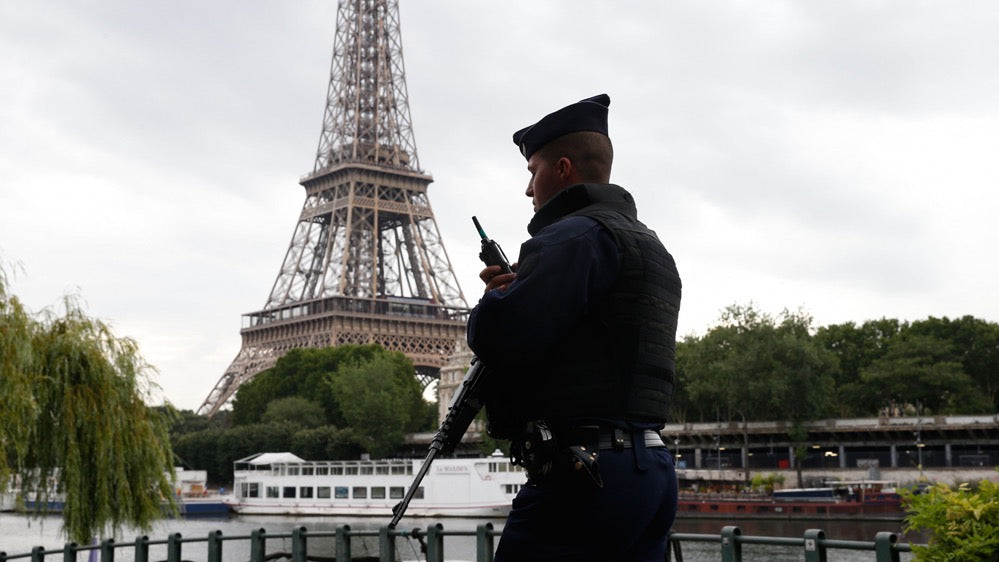
Leave a comment
This site is protected by hCaptcha and the hCaptcha Privacy Policy and Terms of Service apply.